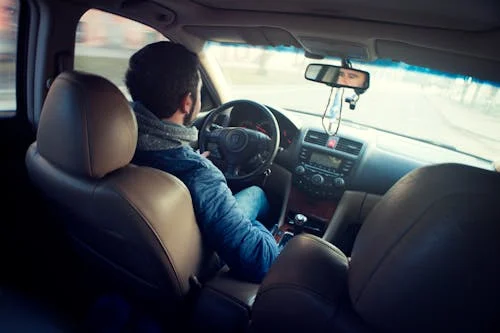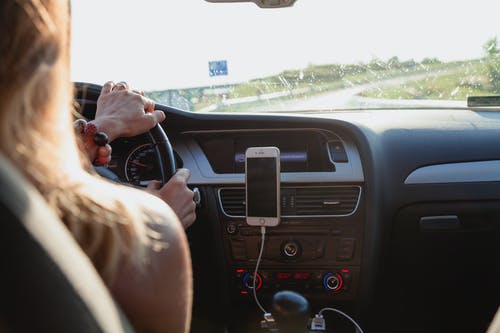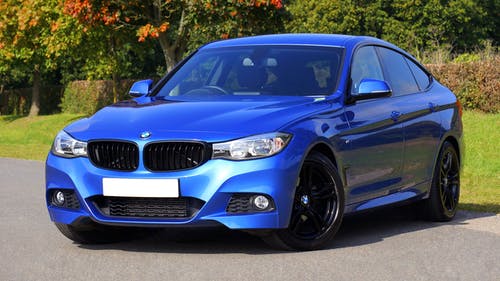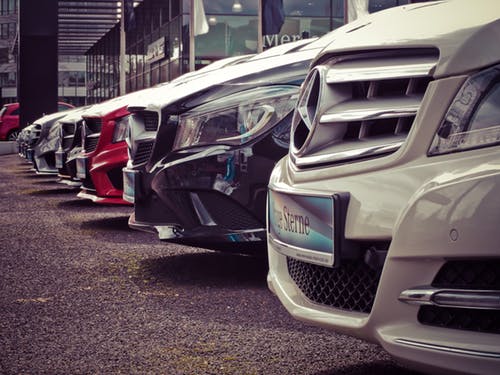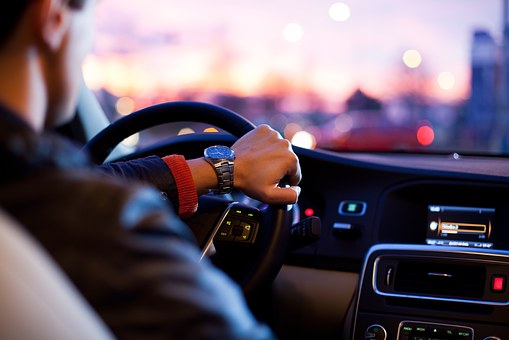When there are more sober drivers on the road, there will be less number of accidents because almost everyone is in their sane or right mind. Drivers need to pay attention to their activities so that it would not affect their performance when they get behind the wheel.
Here are some tips that will help drivers remain sober in the long run
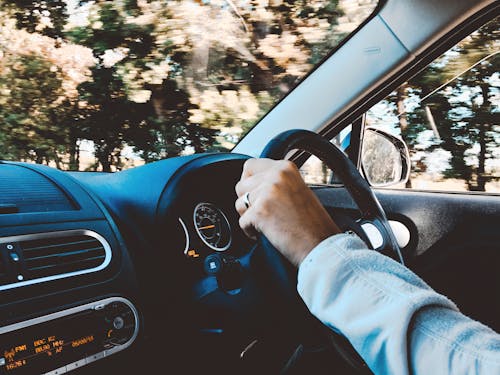
Cut down on alcohol and drugs
When you reduce your alcohol and drug intake, you will be sober more often. You might only feel the effects of these substances when you take them, so if you stay away from them for a long time, you could be fine.
In this regard, you can get an accountability partner who will keep tabs on you on the amount of alcohol or drugs you take in a day.
Remain hydrated when driving
Another tip for drivers to remain sober is to always have a good supply of water around them. Water comes with a lot of benefits that everyone can leverage.
Taking enough water keeps you active or energized when you are on the road. It also helps you to make better decisions that will not put road users in harm’s way.
Get enough rest
One of the major reasons why drivers end up getting addicted is because they are used to a great deal of stress, but they have not found a way to reduce their stress levels.
Getting sufficient rest is quintessential to keeping your body in great shape, and sustaining your sobriety so that you won’t develop an addiction in the long run.
Go for regular checkups
It is important for drivers to always check in with their healthcare providers regularly. Doing this is essential in spotting underlying health problems that might be hidden from the visible eye.
Essentially, drivers need to apply some health tips like undergoing physical exercise, eating a nutritious diet, cutting down on sugar and fats, etc, to improve their chances of remaining sober.
